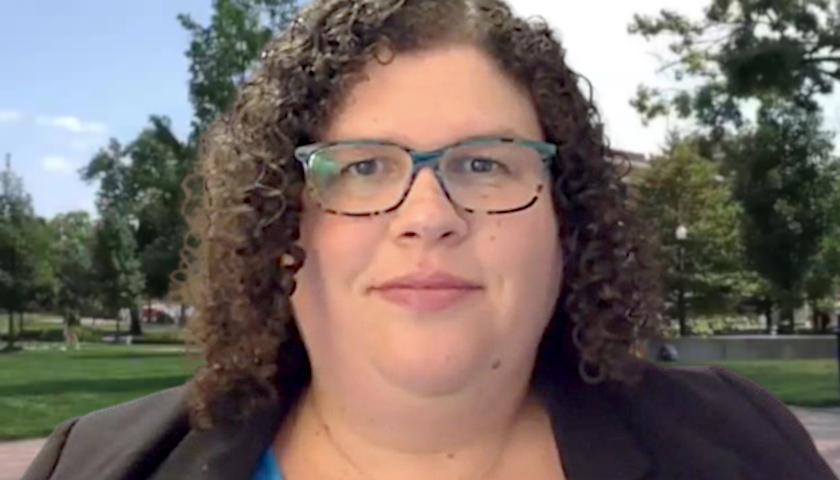by Michael Duke
A professor at the University of Dayton suggested in an op-ed that the Bible paints gender as a spectrum.
University of Dayton Professor of Hebrew Bible Esther Brownsmith wrote a piece in January for the Dayton Daily News in which she argued that scripture “portrays gender as a colorful spectrum.”
Though she warns her audience that the bible was written in a patriarchal tone, she believes that it still contains examples of people “reimagin[ing] and reshap[ing] their gender identities,” and one of her examples in the Dayton Daily News opinion piece was the claim that “Mordecai breast-fed his cousin Esther.”
Brownsmith refers to Mordecai “bringing up” Esther in the book of Esther 2:7, which reads in full: “He was bringing up Hadassah, that is Esther, the daughter of his uncle, for she had neither father nor mother. The young woman had a beautiful figure and was lovely to look at, and when her father and her mother died, Mordecai took her as his own daughter.”
Brownsmith is not the first to make this claim. Jewish Women’s Archive references one rabbinic tradition in which Mordecai “could not find a wet nurse and he himself miraculously had milk and nursed her.”
Yet the vast majority of scholars do not interpret the Hebrew text in that way. Biblical scholar William Barker, who currently serves as president of Southern Wesleyan University, told Campus Reform that “the same Hebrew word, ‘’ō·mên,’ is used in prophecy to talk about kings nursing their people, or in the book of Proverbs in the context of wounds.”
Barker sees no indication from the text that “ō·mên” is being used to express transgenderism, but instead the figurative idea of feeding the young. Barker adds that it is helpful to “think of it less like breastfeeding and more like nurturing.”
Brownsmith was instead using her translation of scripture as a defense for Christians who support transgenderism. She adamantly states that “as a professor of Hebrew Bible at the University of Dayton, I believe that scripture and trans rights are not at odds.”
Brownsmith concludes her Dayton Daily News opinion by saying that “as an Ohioan and a Christian, I want to live in a state where all people have the right to flourish in their own gender identity.”
Campus Reform has contacted the University of Dayton and Brownsmith for comment. This article will be updated accordingly.
– – –
Michael Duke is a correspondent at Campus Reform.
Image “Esther Brownsmith” by Esther Brownsmith; Photo “University of Dayton” by University of Dayton.








